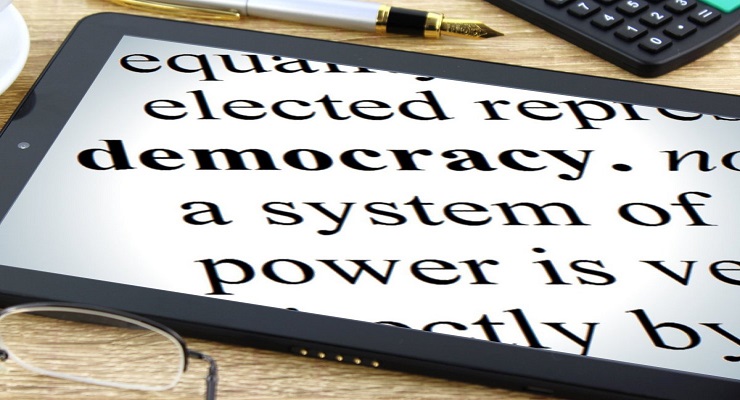
From Democracy Digest:
The post-truth world of alternative facts, deepfakes and other digitally disseminated disinformation is the territory explored by Samuel Woolley, an assistant professor in the school of journalism at the University of Texas, in The Reality Game. Woolley uses the term ‘computational propaganda’ for his research field, and argues that “The next wave of technology will enable more potent ways of attacking reality than ever”, analyst Charles McLellan writes for ZDNet:
Woolley takes a tour of the past, present and future of digital truth-breaking, tracing its roots from a 2010 Massachusetts Senate special election, through anti-democratic Twitter botnets during the 2010-11 Arab Spring, misinformation campaigns in Ukraine during the 2014 Euromaidan revolution, the Syrian Electronic Army, Russian interference in the 2016 US Presidential election, the 2016 Brexit campaign, to the upcoming 2020 US Presidential election. He also notes examples where online activity — such as rumours about Myanmar’s Muslim Rohingya community spread on Facebook, and WhatsApp disinformation campaigns in India — have led directly to offline violence.
By writing The Reality Game, Woolley wants to empower people: “The more we learn about computational propaganda and its elements, from false news to political trolling, the more we can do to stop it taking hold,” he says. Shining a light on today’s “propagandists, criminals and con artists”, can undermine their capacity to deceive. RTWT
Visit the article page here.
Leave a Reply